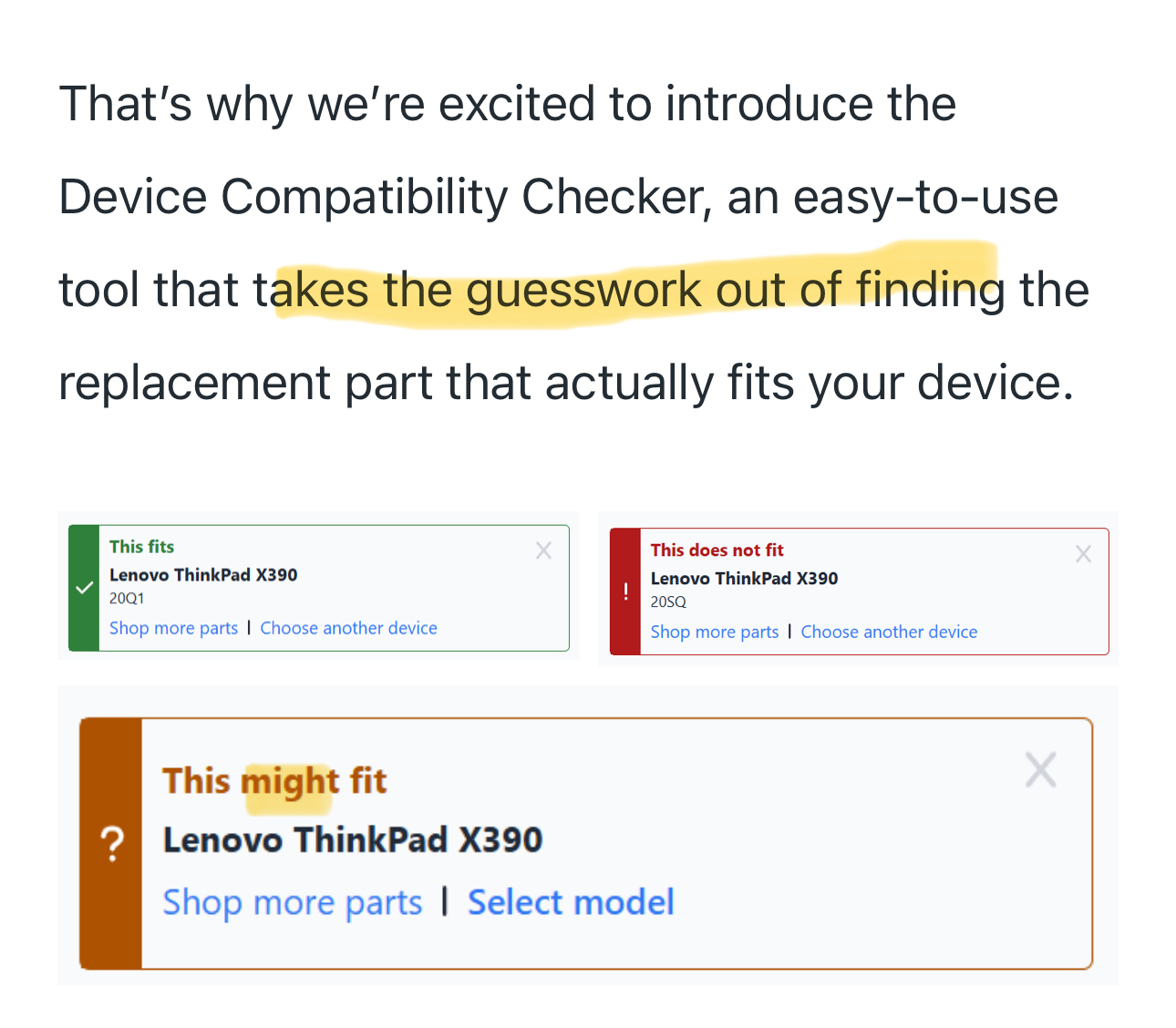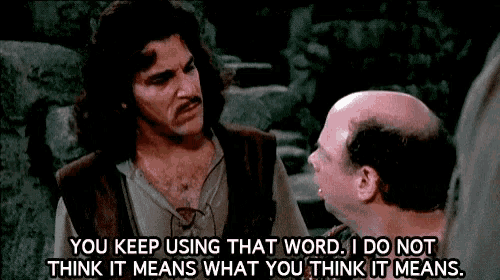

If you really want to be creeped out, check out Flesh and Code. Not only will you feel incredibly uncomfortable, you’ll question who the fuck thought it was a good idea to release such an uncritical (as in lack of research and investigation not negative) of AI relationships.







Don’t forget the ability of major actors to rewrite history, making these blockchains incredibly centralized and absolutely mutable. If someone with enough clout decides to roll something back, it happens.